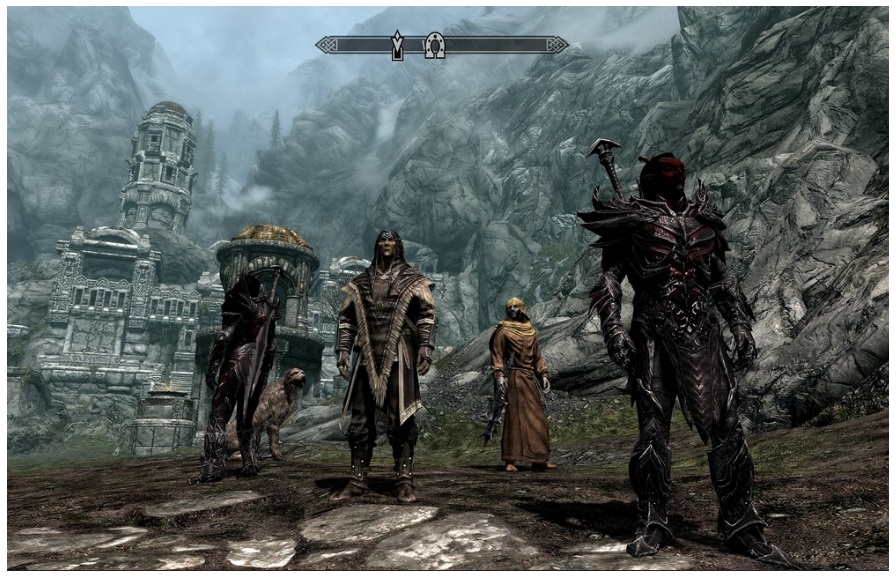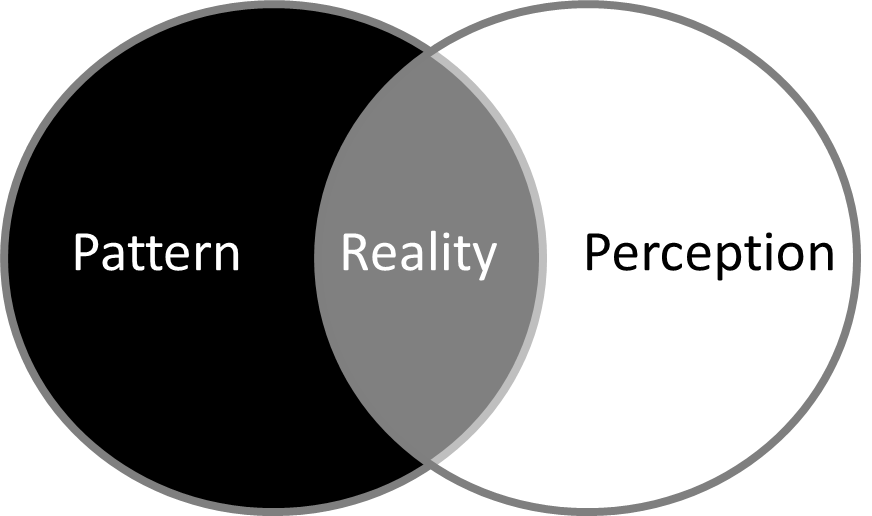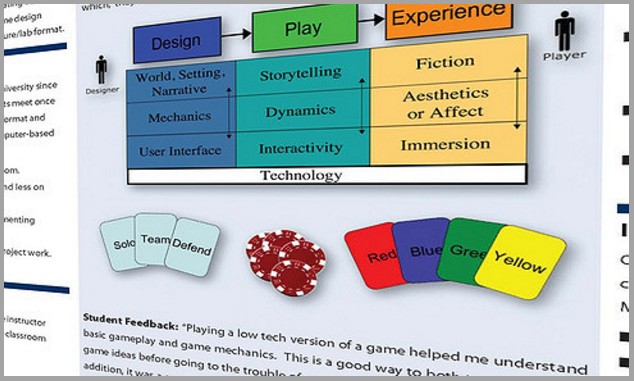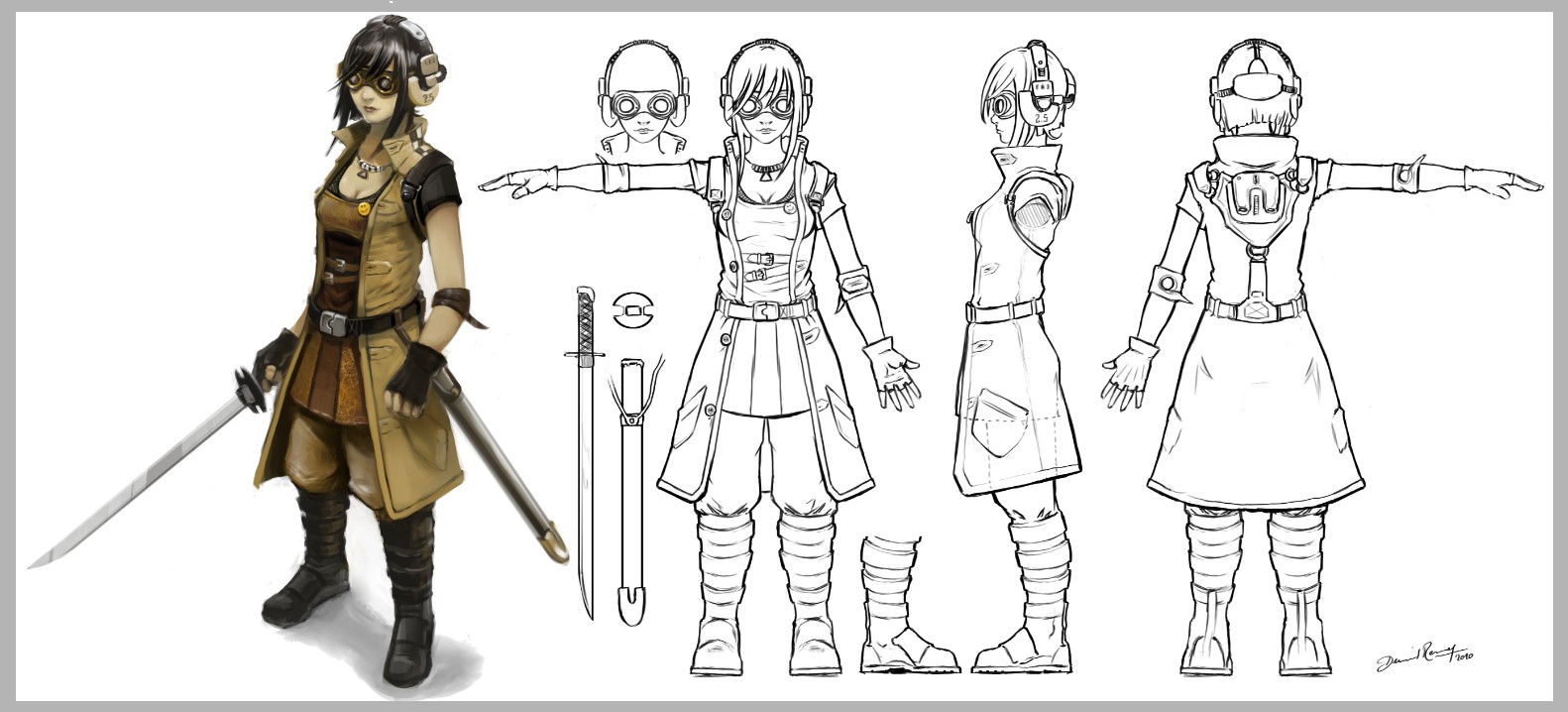Evaluating Gameplay-Personalities, Systems & Play Styles
How do you define “gameplay” when talking about video games? In a general sense, what is being conveyed by gameplay is the player’s level of immersion in a structured, virtual world.
On Wikipedia, it is the manner in which a player interacts with a game. Though I think this definition is far too broad to be applicable in the context of gaming systems.
A video game developer needs to understand how to create core gameplay that is engaging, challenging, well-paced, creative, and runs smoothly. All that is considered “fun”. The game systems are built upon various game mechanics, aka the rules of the game, which are being discussed here.

Examples of gameplay include solving a mind-bending puzzle, adding to your avatar’s stats, dodging countless bullets, or defeating the final boss. It should not be confused with game mechanics since those are the more detailed subsets of gameplay.
Okay, forget waxing game theory. I’m just going to show you instead. Gameplay can be distinguished from two perspectives, one of the gamers’ and the other, of the programmers/designers. Players aren’t very concerned with the components when they play a game.
They are much more interested in the story, characters, monster encounters, gaining experience, and memorizing attack patterns. Gamers just want to enjoy what is given to them and unlock every secret, every possible outcome designed by the creators.

Going by the Player’s P.O.V.
There was an ingenious classification of gamers by Richard Bartle called the Four Bartle Types model. It explained how gamers fit into these four play styles depending on their personal preferences: They acted as achievers, explorers, socializers, and often times killers.
According to gaming psychology, players interacted with the game out of pre-established motivations. Games happen to be structured in response to these gameplay styles.
The Archetypes of Gaming Styles
Achievers and Killers both enjoy acting on people, object, or missions directly. They are primarily motivated by trophies or other rewards. And these are obtained upon the successful elimination of physical obstacles and hostile mobs.
Most gamers don’t get a kick out of killing alone. They need an incentive, whether it’s inflicting distress on an opposing party or reaching a high score.
Acting and interaction are separated from players and the virtual world itself on a coordinate system. The Explorers are fond of uncovering new maps, retrieving key quest items, and interacting with aspects of the environment. They favor the internal qualities of a game like finding interesting Easter eggs nobody else notices.
Socializers build relationships with NPCs and real players in MMOs. They collaborate with others to succeed in difficult trials and are pretty receptive to sharing opinions with their guildmates about strategies to beat the game. These guys love to impress each other with their persona’s new powers, special effects, and whatnot.

Going by the Game Developer’s P.O.V.
On the other hand, developers have to assess a game’s playability. They are concerned about the player experience derived from game testers: Satisfaction, Learning Curve, Motivation, Emotional Impact, Time Spent, Socialization, and Level of Interaction.
Designing a game takes months of coding which contributes to the beautiful graphics, soundtrack, battle systems, and of course, the sprite animations.
Gameplay programmers are responsible for constructing the coding of user interfaces or audio adjustments. Not really the technology aspects of it since engineers have got that covered.
They are the ones that create the combat system, implement a bunch of mechanics like jumping, flying, and dodging, and definitely simple things like a visible health bar or the number of lives.
Game production can be quite complicated. A whole team of specialists communicates how they are going to design levels, establish rules, add/remove extra features, all within a creative mindset. They try to appeal to a target audience through what they find entertaining so the game is guaranteed to sell.

How should the characters appear or move around? What kind of art style is most fitting to the game’s world? How are the storyboard writers going to incorporate a major plot twist? Are there serious glitches/bugs that would hinder the game? There’s a lot more than meets the eye!
Someone once said it is easy to critique games as you only need to pick it apart. But creating the game from scratch takes blood, sweat, and manual labor. I often see many professional game critics rate video games on their gameplay.
I don’t think that’s a good idea because the gameplay is a highly subjective criterion in evaluating games. No two people will share the same impression on a game.
What are your opinions on gameplay as a whole? Are you just as confused about what defines gameplay as I am?



I found the Four Bartles Type Model very interesting. If I had to decide what type of gamer I was, I would consider myself to be an achiever.
Hi Rico, I’m glad it got you thinking. We all have our own playstyles whether we want to earn achievements or enjoy the storytelling for what it is.
Very interesting read, Wenxi. I never really thought about gameplay in that way before, but if I think about it I would say that I’m a killer and achiever. I enjoy games like Call of Duty and God of War.
And I totally agree with you about how people critique games. It’s not really fair for them to judge the gameplay at simply one angle. They have to look at it from every aspect like the four you mentioned.
I’d love to hear your critique on a game using the aforementioned style.
Is Call of Duty what you’d count as a standard FPS?
I looked up God of War and although I don’t know much about it, I am a fan of Greek Mythology, especially familiar with Pandora’s box.
I wouldn’t call it a style since this is just me waxing theories on gaming rather than write an actual review. Thanks for your input.